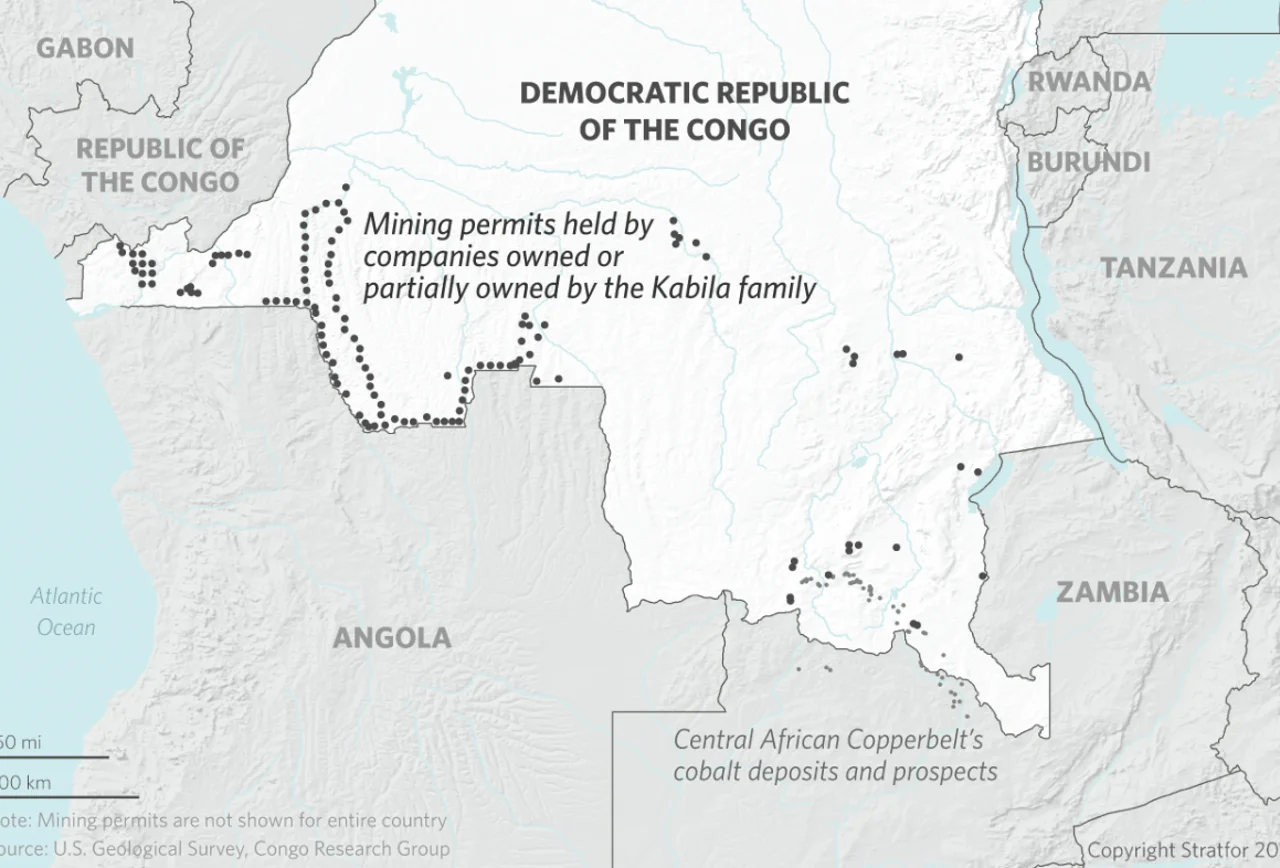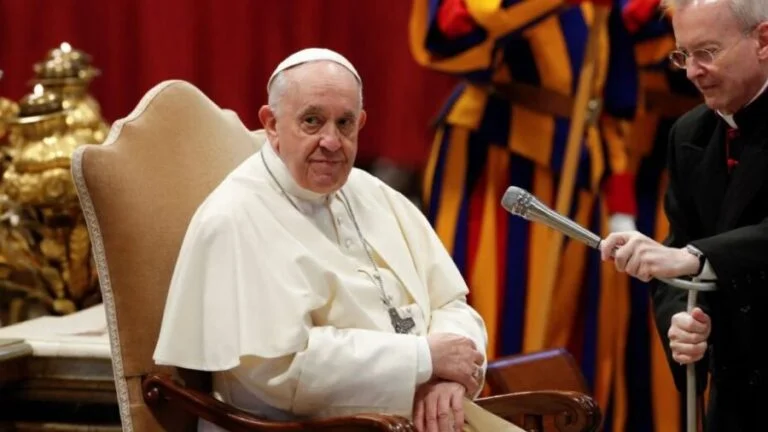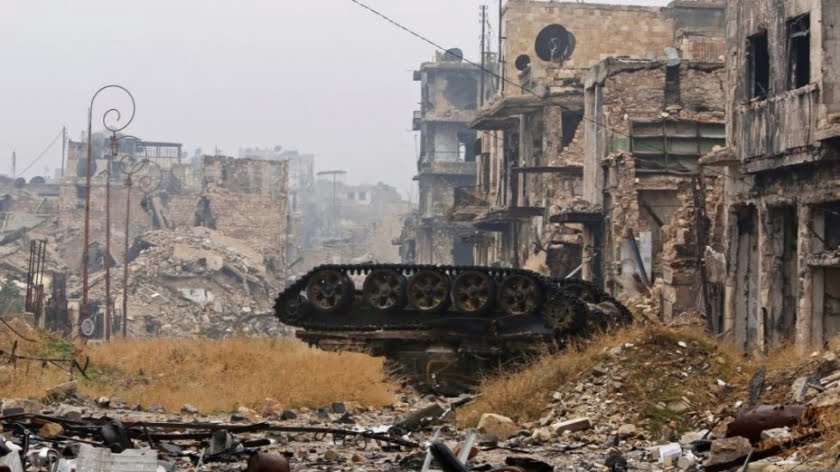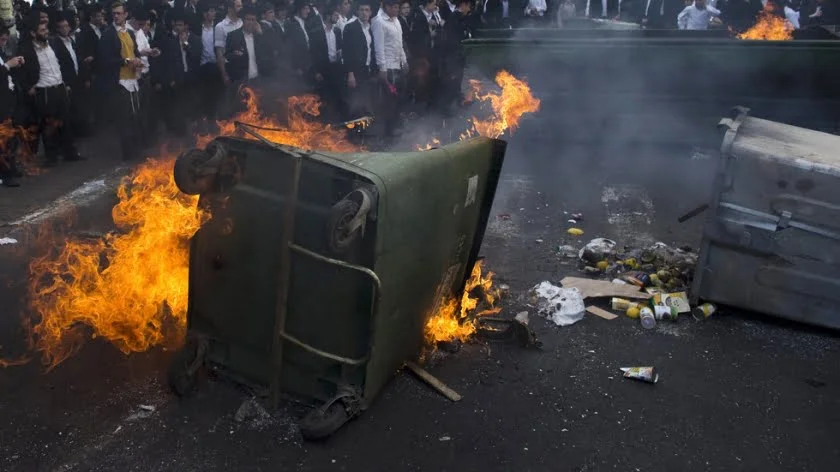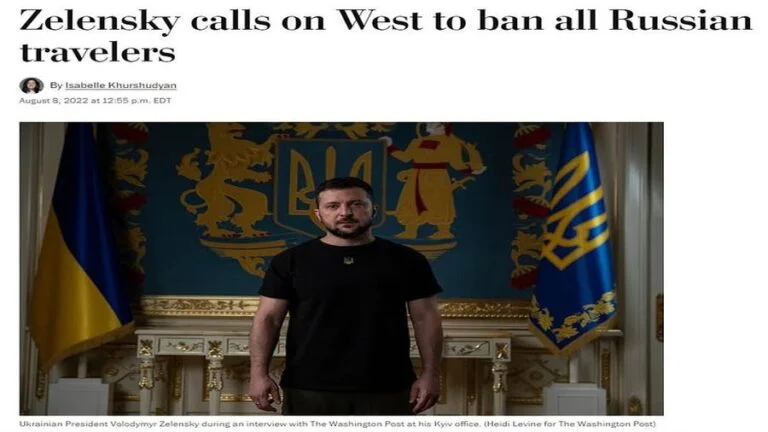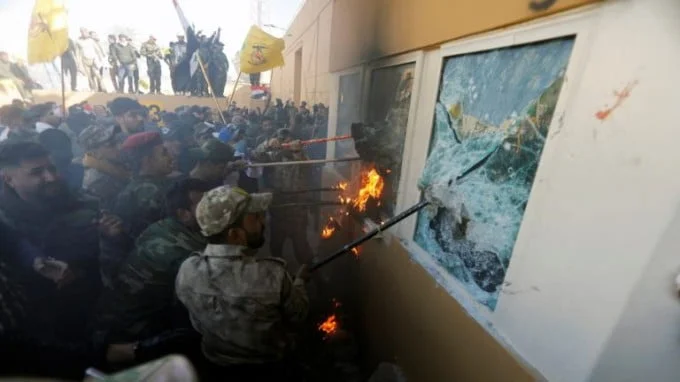Congo Mining Code: Kabila vs. Cobalt Companies
The Congolese legislature passed an initiative at the beginning of the year nullifying a previous act allowing companies a 10-year delay in complying with new fiscal demands and simultaneously decreed that the royalty on “strategic minerals” such as the cobalt that’s used in today’s gadgets, missiles, and electric vehicle batteries could jump fivefold from 2% to 10%. President Kabila has yet to sign the proposal into law, which is why he’s being courted by international mining giants to change his mind. They argue that they’ll have to inevitably pass the new costs onto consumers in order to maintain the same profit margins that they were depending on, which threatens to spike prices and therefore slow down the electric vehicle boom until new cobalt sources or similar-functioning minerals are discovered.
Right now China controls 60% of global cobalt production, almost all of which is sourced from the Congo’s southeastern region of Katanga, but Western mining companies also have a huge presence there as well. In the past, foreign leaders have been overthrown by the US for doing much less than what Kabila plans to do now, but the situation is more complex than it might seem at first glance. He’s constitutionally barred from running for a third term in the upcoming December elections that were originally supposed to have been held two years ago in marking the country’s first-ever democratic transition since its tumultuous 1960 independence, but he announced that he’ll recommend a successor in July. It’s with this backdrop in mind that his “economic nationalism” begins to make self-serving sense.
This populist move could potentially earn the government a windfall of over at least a billion dollars in revenue and ensure the electoral success of Kabila’s hand-picked successor, though provided that the Congolese actually believe that some of the profits will trickle down to them and not be siphoned off by the country’s notoriously corrupt officials. If Kabila truly has patriotic intentions, then it would be to the Congo’s interests that he unveils a corresponding development plan to accompany the passage of this proposal into law in order to convince the populace that his government does indeed plan to reinvest forthcoming funds into the country and improve the lives of ordinary people.
However, the US and its allies might find it more beneficial for their corporate interests to intensify their Hybrid War on the Congo to the point of once again supporting Katangese secessionism like they did immediately after independence during the First Congo Crisis in order to keep the mines out of government hands and avoid having to pay the prospective fivefold increase in royalties. The acceleration of the country’s ongoing externally provoked descent back into civil war could be disastrous for the entire region just like it was nearly two decades ago when the last conflict resulted in the deaths of an estimated 5 million people. Western interests in the Congo, however, are premised on cheap access to strategic minerals, not humanitarian concerns, cynically suggesting that this might horrifyingly be the US’ fallback strategy if Kabila goes through with his mining code reform.


